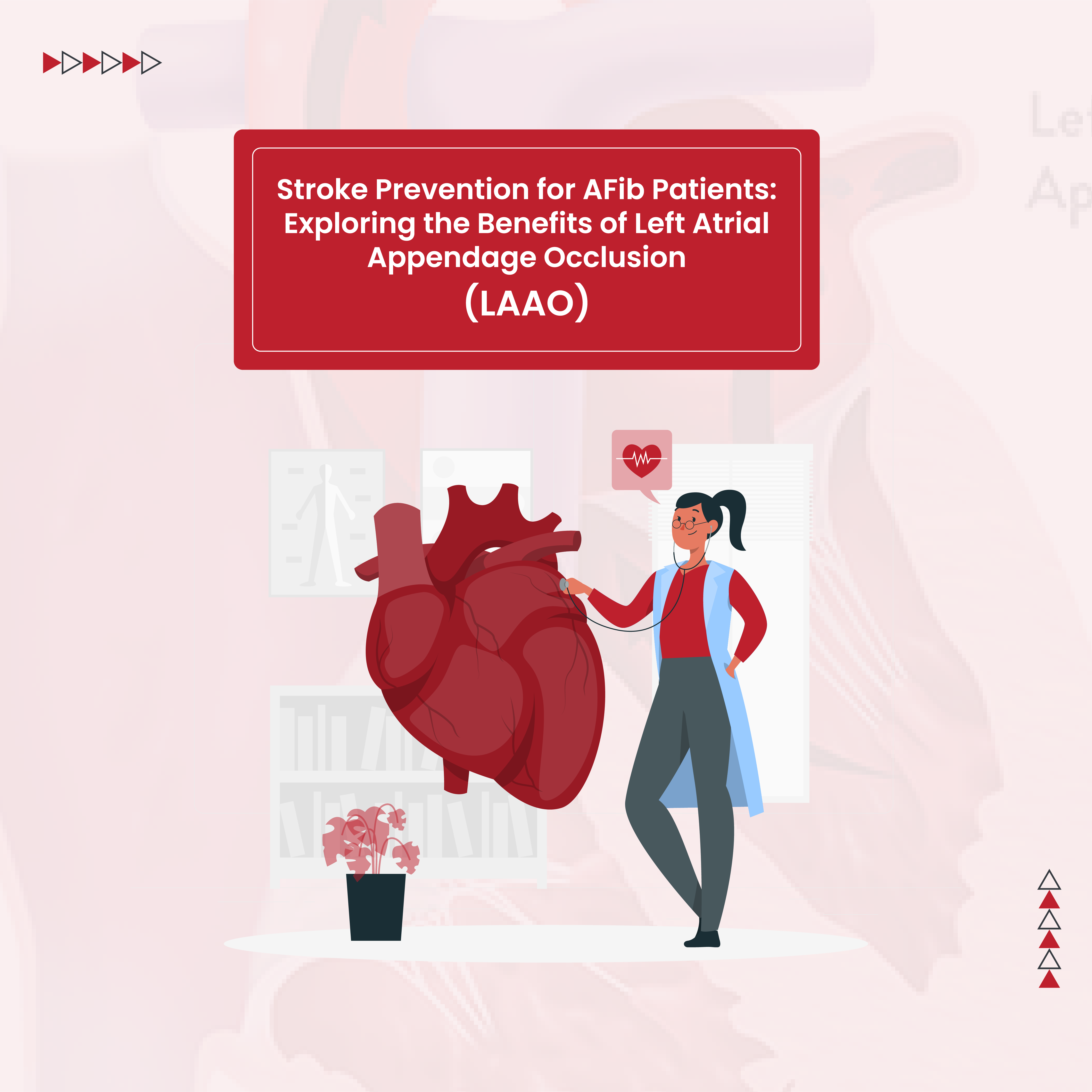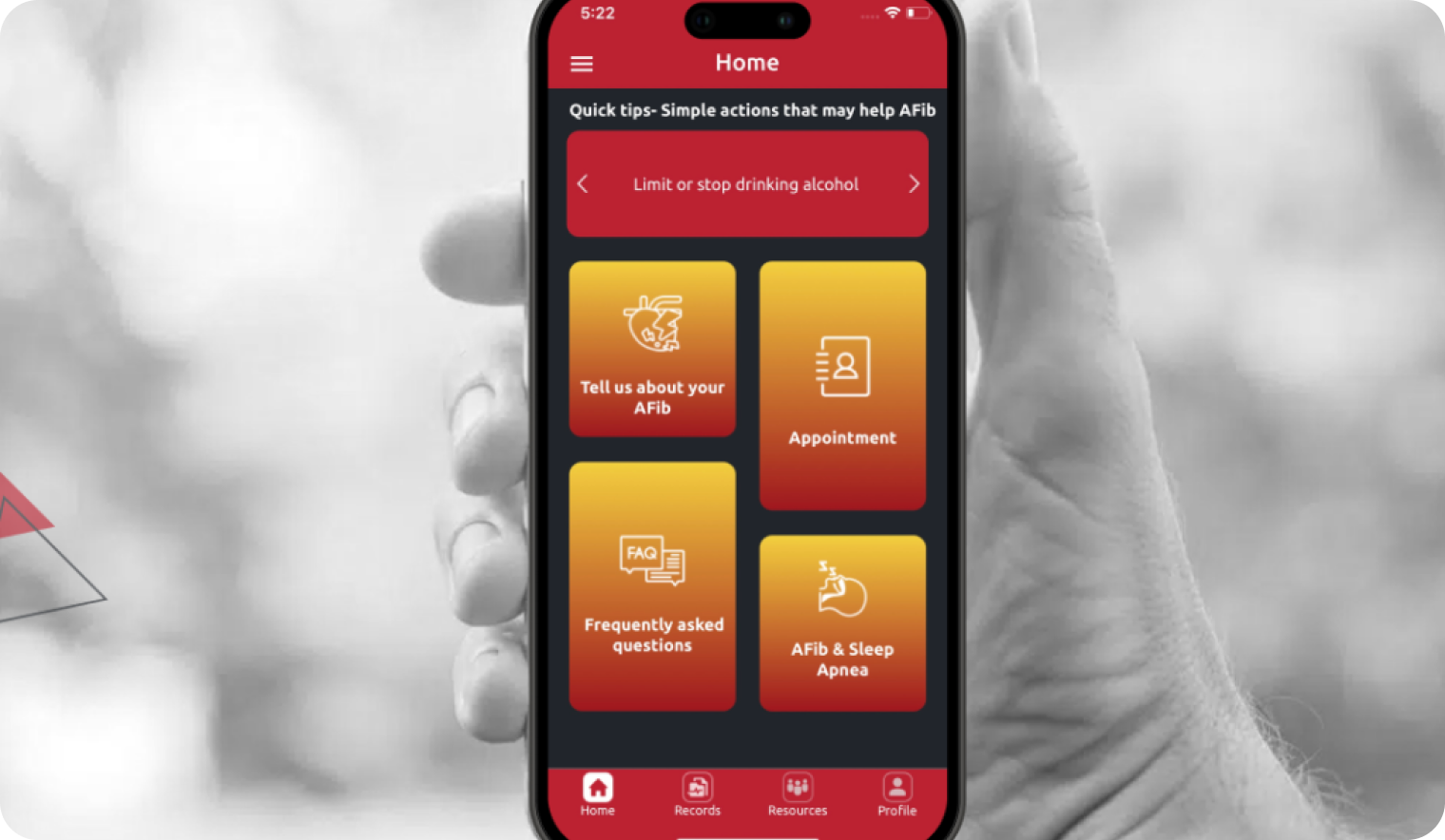Drug-Induced Arrhythmias: List of Drugs that May Cause Arrhythmia
There are many commonly used medications that can cause a variety of abnormal heart rhythms (arrhythmias). These drug-induced arrhythmias are often the result of medication-induced changes in electrical conduction within the heart which can produce heart rhythms that are too fast (tachyarrhythmias) or too slow (bradyarrhythmias). Common drugs that may cause arrhythmias include certain antiarrhythmics, antibiotics, antidepressants, anticancer treatments, neurologic drugs and stimulants.
Atrial fibrillation is an abnormal heart rhythm that is frequently treated with antiarrhythmics. Sometimes atrial fibrillation medications that are used to restore a normal heart rhythm can have the unintended effect of causing arrhythmia and are therefore monitored closely.
What medications can produce arrhythmias?
Electrical signals which travel throughout the heart cause the muscle cells to contract and produce a heart beat. Medications that change the way electrical signals travel or which change the way the heart muscle cells respond to electrical signals can produce arrhythmias. The medications that are the most likely to cause arrhythmias are the ones that are designed to treat abnormal heart rhythm issues (antiarrhythmic medications).
Tachyarrhythmias
Common drug-induced tachyarrhythmias include:
- Atrial fibrillation (AFib) and atrial flutter
- Atrial tachycardia and supraventricular tachycardia
- Ventricular tachycardia. Fast abnormal heart rhythm that originates in the lower heart chambers (ventricles). It causes the heart to pump less effectively and can lead to serious complications, like ventricular fibrillation.
- Torsades de pointes. Medications that slow electrical conduction can cause QT prolongation which can lead to a serious tachyarrhythmia called torsades de pointes.
Drugs that can cause atrial fibrillation and atrial flutter are reviewed later in this article. Some frequently prescribed medications that have been associated with ventricular tachycardia or QT prolongation include:
- Ventricular Tachycardia. Ginkgo biloba, cocaine, and methamphetamine have been associated with ventricular tachycardia. In addition, certain antiarrhythmics, antidepressants, anticancer drugs, and some psychiatric drugs have the potential to contribute to ventricular tachycardia.
- Torsades de Pointes. It is well-known that some antiarrhythmics, particularly dofetilide and sotalol, can lead to QT prolongation and Torsades de pointes. Therefore, patients starting these medications are monitored closely and are often admitted to the hospital for a few days so their heart can be monitored for QT prolongation. There are to other, non-cardiac, medications that can cause QT prolongation including:
- Antibiotics. Some antibiotics that are commonly used for pneumonia, bronchitis, and urinary tract infections can cause QT prolongation. These include: Azithromycin (Zithromax, Z Pak), clarithromycin, erythromycin, ciprofloxacin (Cipro), and levofloxacin (levaquin).
- Antimalarials. Chloroquine and hydroxychloroquine can cause QT prolongation.
- Antifungal. Fluconazole
- Cocaine
At one stage during the COVID-19 pandemic, QT prolongation became an issue when caring for hospitalized COVID-19 patients because they were often given multiple medications which had an additive effect in prolonging the QT interval.
Bradyarrhythmias
Common drug-induced bradyarrhythmias include:
- Sinus bradycardia. Heart rate less than 60 beats per minute.
- Heart block. An abnormal heart rhythm in which communication between the upper heart chambers (atria) and lower heart chambers (ventricles) is slowed or blocked altogether.
- Sinus arrest. The heart’s internal pacemaker (sinus node) stops producing electrical signals.
Some frequently prescribed medications that can cause bradyarrhythmias include:
- Antiarrhythmic medications. Although not solely used to treat AFib, these are commonly used atrial fibrillation medications. The purpose of antiarrhythmics is to change conduction in the heart in an effort to maintain a normal heart rhythm. Frequently used antiarrhythmics that can cause bradyarrhythmias include:
-
- Amiodarone
- Dronedarone
- Flecainide
- Ivabradine
- Propafeneone
- Sotalol
-
- Other heart medications.
-
- Digoxin
- Beta-blockers
-
Calcium channel blockers
- Antidepressants.
-
- Citalopram (Celexa)
- Fluoxetine (Prozac)
- Escitalopram (Lexapro)
- Anticancer medication. Thalidomide
The medications should be used with caution in patients with a known history of bradyarrhythmia. If you have a history of abnormally slow heart rate and one of these medications is needed, your doctor will closely monitor your heart rate and rhythm to make sure the medication is not making the bradyarrhythmia worse. If multiple medications that can potentially slow electrical conduction in the heart are necessary, close follow up will be needed even if you do not have a history of bradyarrhythmia, because these medications can have an additive effect when used together.
Why do beta-blockers cause arrhythmias?
Beta-blockers slow the automatic functioning of the sinus node (the heart’s internal pacemaker) and can cause bradyarrhythmia. If you are taking a beta-blocker and develop symptomatic bradycardia, you may develop symptoms like:
- Fatigue
- Weakness
- Dizziness/lightheadedness
- Passing out (syncope)
Can metoprolol be used for atrial fibrillation?
Atrial fibrillation with uncontrolled fast heart rates can cause debilitating symptoms and increases the risk of developing heart failure. Metoprolol is a kind of beta-blocker and it is commonly used to provide heart rate control for people with atrial fibrillation. However, as discussed above, beta-blockers can sometimes cause the heart rate to slow down too much. If symptomatic bradycardia develops, it may mean that the medication dose needs to be decreased or perhaps needs to be stopped altogether.
However, this may not always be an option. For example, a patient with AFib may need metoprolol to slow the fast heart rate associated with an atrial fibrillation attack. But this can become an issue if the metoprolol causes symptomatic bradycardia when the patient is not in AFib. In a situation like this, a permanent pacemaker may be needed. The pacemaker prevents the heart rate from getting too low which enables the patient to take the metoprolol that is needed to treat the high heart rate seen with AFib without developing a dangerously low heart rate when in a normal rhythm.
What medications should be avoided with atrial fibrillation?
Medications that can cause or worsen atrial fibrillation or atrial flutter include:
-
- Antiarrhythmic medications. These medications are used to treat atrial fibrillation but in rare cases can actually make the abnormal heart rhythm worse.
- Amiodarone. This medication can cause an overproduction of thyroid hormone which can cause AFib/atrial flutter. Thyroid function is monitored on patients taking this medication.
- Flecainide and Propafenone. These medications can change conduction in the atria which can worsen AFib/flutter. Taking these medications with a beta-blocker or calcium channel blocker decreases this risk.
- Antidepressant. There have been case reports of AFib in association with a patient taking fluoxetine. There are many excellent antidepressants available so it would be reasonable for a patient with AFib to take a different antidepressant.
- Anticancer agents. Many cancer drugs can cause atrial fibrillation. If a cancer drug is the suspected cause for a person’s AFib, a different cancer drug may be tried, or a decision may be made to continue the cancer treatment and treat the AFib.
- Osteoporosis medications. Alendronate (Fosamax) and Zoledronic acid (Reclast) may increase the risk of atrial fibrillation although research into an association between these medications and AFib has been conflicting.
- Antiarrhythmic medications. These medications are used to treat atrial fibrillation but in rare cases can actually make the abnormal heart rhythm worse.
- Asthma or COPD medications. Bronchodilators (i.e. albuterol, ipratropium bromide) are medications that open the airways and are a mainstay in asthma and COPD management. They are known heart stimulants which can lead to AFib.
- Antipsychotics. Medications used to treat psychiatric disorders like obsessive compulsive disorder, bipolar disorder, and schizophrenia can cause AFib. These medications include:
- Phenothiazines like: chlorpromazine, prochlorperazine
- Clozapine
- Olanzapine
- Risperidone
- Quetiapine
- Alcohol. Alcohol is a known heart irritant and is a common trigger for AFib.
- Cannabis. There have been case reports of AFib associated with cannabis (marijuana) use.
- Street drugs. Cocaine, MDMA/ecstasy, and methamphetamine are all stimulants which can cause AFib.
- Caffeine. Although caffeine is a known stimulant, the research regarding caffeine and AFib has been conflicting with some studies finding a relationship and others finding no association.
Why is aspirin not recommended for atrial fibrillation?
People with atrial fibrillation have a 5 times increased risk of stroke. This is because AFib causes a chaotic, irregular heartbeat that makes the heart work less effectively and increases the likelihood that blood will pool in the heart. When blood pools it is more likely to form a clot, which can be pumped out of the heart and carried to the brain where it can cause a stroke. Certain conditions increase the risk of a patient with AFib having a stroke, including:
- High blood pressure
- Advancing age
- History of arterial blockages, heart attack, or heart failure
- History of stroke, transient ischemic attack (TIA) or blood clots
- Diabetes
- Female gender
Blood thinners are the most common and effective medications used to reduce the risk of stroke. Aspirin is not a blood thinner. Although it does make your platelets less sticky and less likely to clot, it is not effective enough at preventing blood clots, and subsequent strokes, to be recommended for patients with AFib. For example, if you have AFib and stroke risk factors that give you a 10% chance of having a stroke, taking aspirin only decreases the risk to 8%, whereas a blood thinner reduces the risk of stroke to 3.5%.
What is the safest blood thinner for AFib?
There are two main types of blood thinners: warfarin and direct oral anticoagulants (DOACs). Examples of DOACs are apixaban (Eliquis), rivaroxaban (Xarelto), and dabigatran (Pradaxa). Warfarin has been used for decades and, when monitored closely, it can be safe and effective at preventing strokes. However, DOACs are increasingly the preferred blood thinner for patients with AFib. There are several reasons for this, including:
- No monitoring needed. Warfarin levels are monitored closely using a simple blood test. This increases cost and is less convenient for patients.
- Not affected by diet or medications. The reason warfarin levels are monitored is because warfarin activity can be affected by certain foods, medications, alcohol, herbal supplements and vitamins. DOACs are not affected by these things and therefore frequent labs are not required with these medications.
- Decreased risk of dementia. A recent study published in the Journal of the American Heart Association reported that patients who took DOACs had a 50% lower risk of dementia compared to patients who took warfarin.
Sources
Tisdale TE, Chung MK, Campbell KB, et al. Drug-induced arrhythmias: a scientific statement from the american heart association. Circulation. 2020;142:e214–e233
Bezabhe WM, Bereznicki LR, et al. Oral anticoagulant treatment and the risk of dementia in patients with atrial fibrillation: a population‐based cohort study. J Am Heart Assoc. 2022;11:e023098








